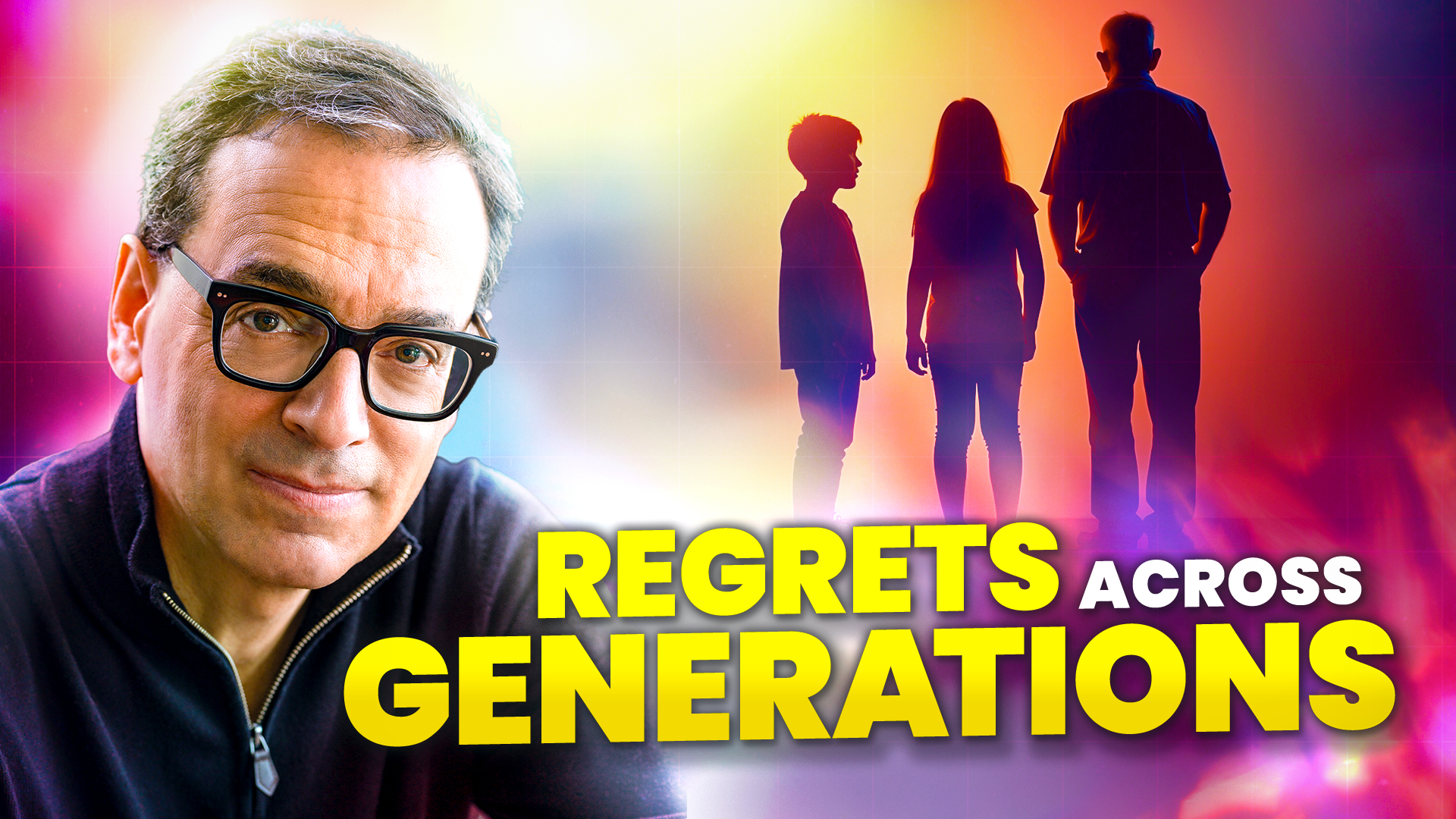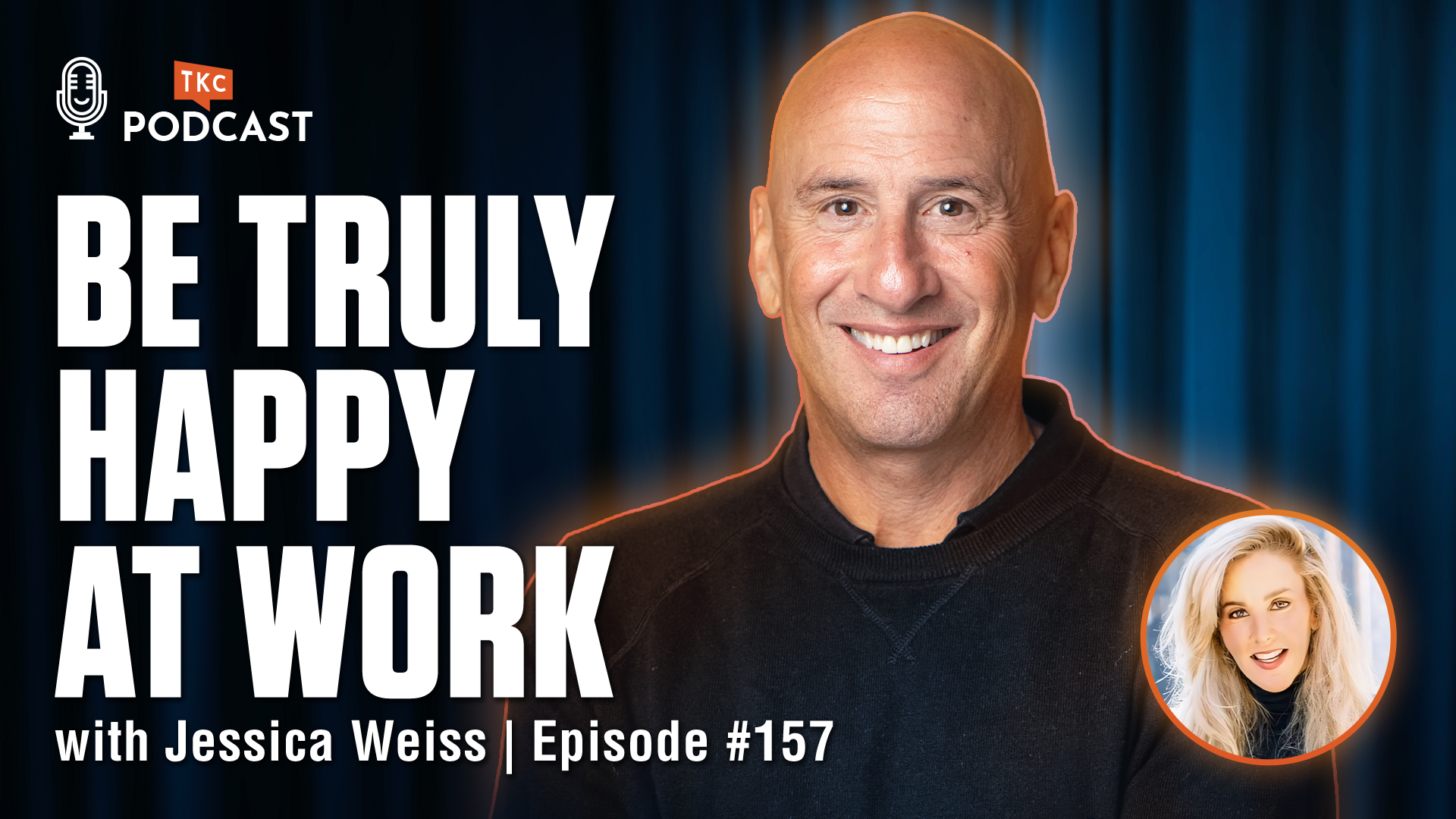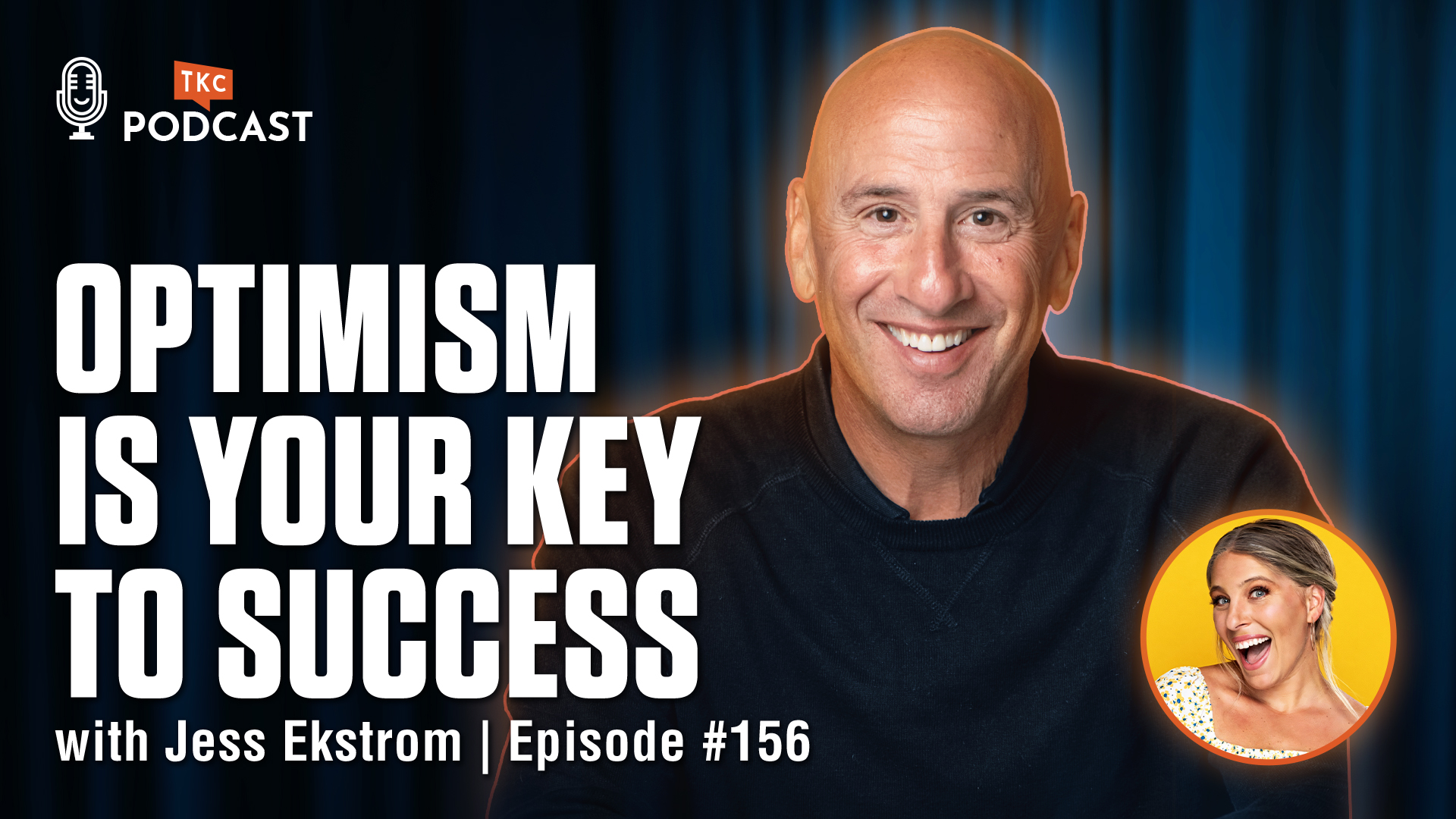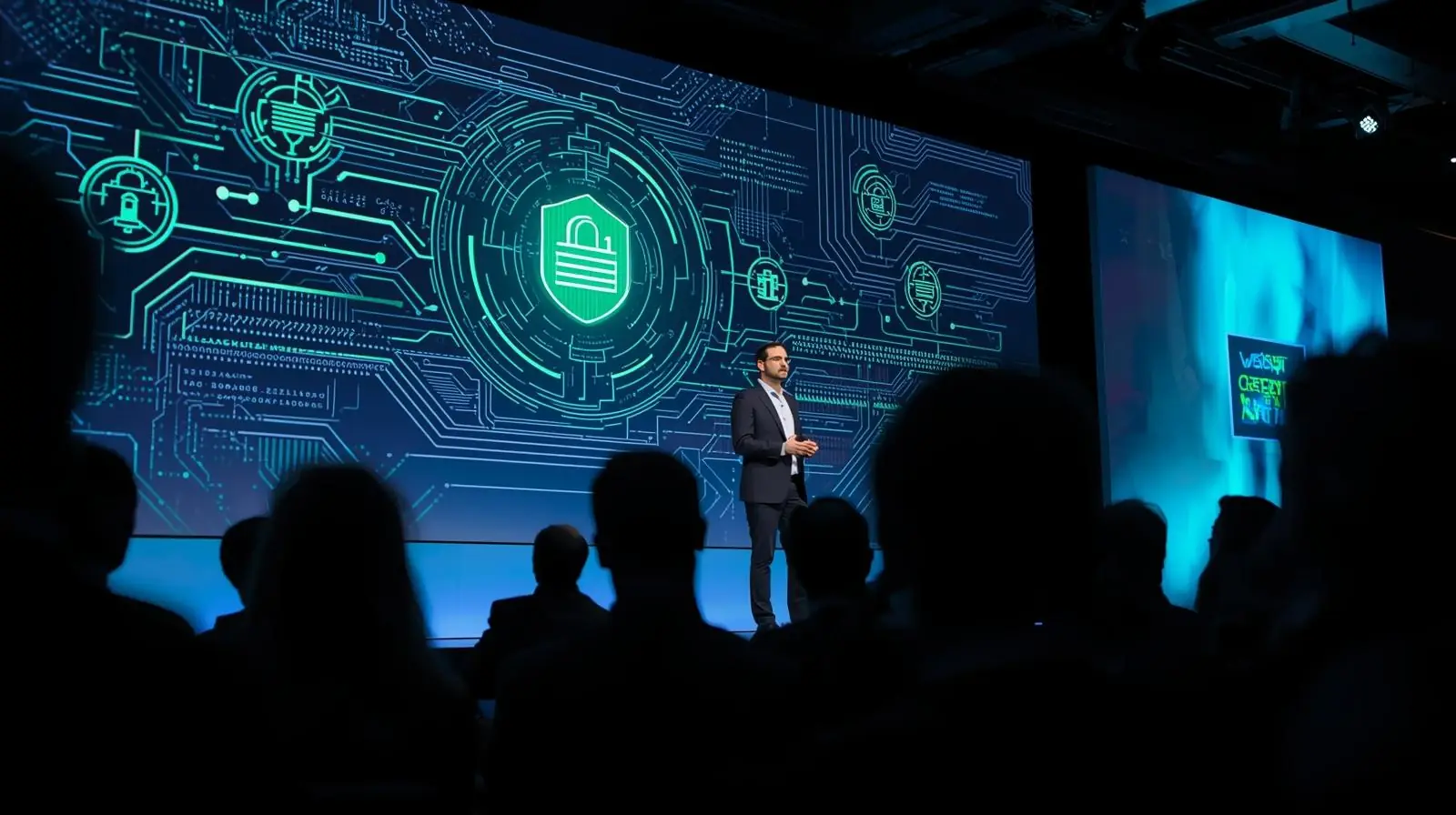
July 14, 2025Why Regret Isn’t a Generational Problem—Insights from Dan Pink
Keynote speaker Dan Pink reveals why regret follows life stages—not generations—and how understanding this curve helps you seize today’s opportunities.
Have you ever heard someone say, “older generations just regret everything”? Or maybe you’ve thought, “Gen Xers don’t know what real regret is anymore”? Dan Pink, the # 1 New York Times best-selling author of The Power of Regret, says those are myths.
In fact, regret isn’t tied to your birth year—it’s tied to your age. And once you see how regret follows life stages, you can stop blaming your generation and start making smarter choices today.
What Is Regret, Really?
Regret gets a bad rap. We treat it like that toxic ex we can’t stop stalking on social media, always blaming them for our lack of closure. But Dan defines it much more kindly: it’s useful data about where we wanted to be versus where we ended up. It’s a GPS signal pointing us back toward our core values. Imagine you’re 30, in your cubicle, thinking, “I wish I’d taken that solo trip to Bali.” That sting you feel? That’s the message—a signal that something mattered, and you missed it. Dan teaches us this feeling is universal, but what we regret changes depending on where we are in life.
When we think about regret, the gut instinct is often shame. But what if we reframed that emotion as insight? That pang might be pointing out a missed chance for growth, love, or adventure. Maybe it’s less about living in the past, and more about using it as a flashlight to illuminate where we want to go next. That kind of emotional intelligence is what makes Dan’s work not only practical but also profoundly human. It invites us to stop fearing our missteps and start mining them for meaning. This way of thinking turns what could be dead ends into entry points for personal development.
When Pink discusses how we process life’s disappointments, he avoids moralizing. It’s not about being good or bad, right or wrong. Instead, it’s about alignment: between our choices and our core. As a communication expert, he shows that the language we use around these feelings matters. The stories we tell ourselves about regret can empower us—or trap us. He urges us to choose wisely. Because in that narrative shift lies the potential for liberation.
The Three Buckets of Disappointment
Dan’s research in The Power of Regret breaks our emotional letdowns into three main categories. First, there are what he calls foundation regrets. These are the missed chances to take care of the basics—your health, your money, your long-term stability. You might not feel them in the moment, but over time, they become louder. “I wish I had started saving earlier.” “I should’ve gone to that checkup.” These regrets tap into our need for safety and security. They’re the base of our emotional Maslow’s hierarchy.
The second group is what Pink calls boldness regrets. These are the “I wish I hads.” That time you didn’t go for the job, didn’t speak up, didn’t pursue the thing you really wanted. These are typically born not from poor decisions, but from no decision at all. They gather in the corners of our lives like dust—subtle, but over time, they weigh heavy. Pink emphasizes that boldness is not recklessness—it’s a skill that can be built. And missed boldness becomes clearer as we move through our 30s, 40s, and 50s.
Then there are moral regrets—the ones that hit hardest and last the longest. Times we betrayed our own values. Moments we failed someone, or worse, ourselves. Pink’s research shows these regrets cut across age and profession, touching everyone. And unlike the others, they rarely fade. They sting at 25 and at 70. They’re about character. And they signal to us the kind of people we aspire to be. They’re not about failure. They’re about identity.
Together, these three categories help us understand our internal architecture. They provide language for what we feel but often can’t name. That language? It’s power. And it’s foundational for leaders, creators, and innovators seeking to understand what truly drives human behavior.
Patterns Across the Ages
Pink’s research reveals a pattern that holds across generations—and challenges the myth that one generation regrets more than another. In our 20s, regrets of action and inaction run neck and neck. We take risks, sometimes fail, and sometimes hesitate. By the time we hit our 30s and 40s, inaction takes the lead. “I wish I had…” becomes the soundtrack of midlife. And after 60, regret begins to ease up. Acceptance and compassion start to emerge. It’s not that older adults stop caring—it’s that they start making peace.
That curve, Dan argues, is more powerful than any generational stereotype. It gives us a roadmap. And more importantly, it frees us from shame. Knowing that everyone experiences these phases helps normalize what might otherwise feel like personal failure. The awareness itself is a form of healing. It tells us we’re not broken. We’re just human. That universality is why Dan’s work resonates across age, profession, and personality. It bridges the gaps between Boomers and Gen Z, executives and artists, introverts and extroverts.
And when we see the cycle clearly, we can interrupt it. We can act when boldness beckons. We can forgive when moral wounds ache. We can fortify when foundations crack. That’s not just emotional maturity—it’s also the basis for resilient leadership.
The Power of Perspective
Dan is known for distilling big ideas into simple truths. In the case of this work, his thesis is clear: Looking backward moves us forward. Reflection is not indulgence; it’s instruction. He invites us to sit with discomfort and let it teach us. Instead of asking, “Why did I mess up?” he encourages, “What is this teaching me?” That reframe is subtle but seismic.
He also debunks the idea that regret is toxic. Quite the opposite—it’s educational. In fact, research shows that people who reflect on past mistakes with self-compassion tend to make better choices next time. They also exhibit higher emotional intelligence and resilience. That means regret, used wisely, is a performance tool. It’s a lens, not a prison.
This insight is especially valuable in business settings. Whether you’re in sales, marketing, or executive leadership, understanding regret can help you read between the lines. It sharpens your empathy. It also helps teams innovate. By treating failure as feedback rather than a verdict, leaders foster psychological safety. And that safety? It’s the launchpad for every bold idea.
Pink doesn’t ask us to eliminate regret. He asks us to honor it. To recognize its wisdom. To let it guide the way forward. That shift in mindset transforms how we lead, how we work, and how we connect. Not just at the boardroom table—but at the dinner table, too.
Watch the full interview
Schedule a strategic conversation
Reach out via email
Discover More Insights
Get in TouchContact US
Fill out the form so we can best understand your needs.
A representative from The Keynote Curators will reach out to you.








